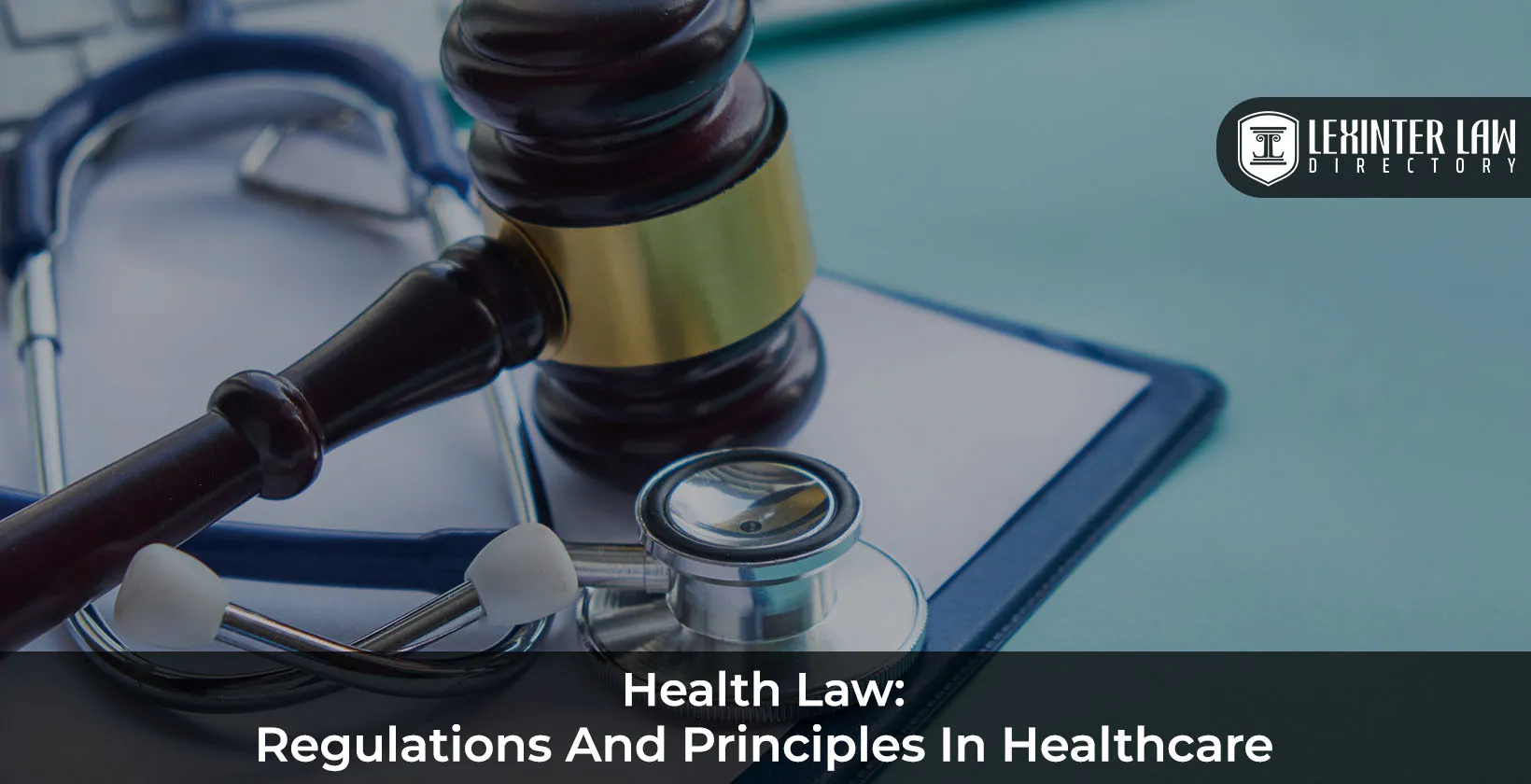Healthcare law and ethics are integral components of the medical profession, ensuring the protection of patient rights, adherence to legal standards, and ethical practice within the healthcare system. This comprehensive guide explores the foundational aspects of healthcare law, including patient rights, medical ethics, the legal framework for healthcare providers, health insurance regulations, telemedicine advancements, medical malpractice considerations, and future challenges in healthcare law and ethics.
Contents
Introduction to Healthcare Law
Healthcare law encompasses a complex framework of statutes, regulations, and legal principles that govern the delivery of healthcare services, medical practices, and patient rights. It establishes guidelines for healthcare providers, institutions, and insurers to ensure quality care, patient safety, and compliance with legal standards. Understanding healthcare law is essential for healthcare professionals, policymakers, and patients to navigate legal complexities and uphold ethical standards in medical practice.
Patient Rights and Medical Ethics
Patient rights and medical ethics are foundational to ethical healthcare delivery:
- Patient Rights: Include rights to informed consent, privacy, confidentiality, access to medical records, and autonomy in healthcare decision-making.
- Medical Ethics: Guide healthcare professionals in ethical conduct, encompassing principles such as beneficence (acting in the patient’s best interest), non-maleficence (do no harm), justice (fairness in healthcare distribution), and respect for patient autonomy.
Balancing legal obligations with ethical responsibilities ensures that patients receive compassionate, respectful, and effective healthcare services while safeguarding their rights and well-being.
Legal Framework for Healthcare Providers
The legal framework for healthcare providers encompasses regulations governing licensure, credentialing, scope of practice, and professional conduct. Healthcare professionals, including physicians, nurses, and allied health professionals, must adhere to legal standards to ensure competency, accountability, and patient safety. Legal considerations also include liability for negligence, standards of care, medical record-keeping, and compliance with healthcare regulations at local, state, and federal levels.
Health Insurance and Regulatory Compliance
Health insurance plays a critical role in healthcare financing and access to medical services:
- Regulatory Compliance: Healthcare providers and insurers must comply with regulations governing health insurance coverage, claims processing, billing practices, and patient rights under insurance plans.
- Patient Protection: Legislation such as the Affordable Care Act (ACA) in the United States ensures coverage for essential health benefits, prohibits discrimination based on pre-existing conditions, and promotes affordable healthcare access for all.
Understanding health insurance regulations is essential for healthcare stakeholders to navigate reimbursement policies, manage financial risk, and ensure equitable access to healthcare services.
Telemedicine and Digital Health Regulations
Telemedicine and digital health technologies have transformed healthcare delivery, offering remote access to medical services, consultation, and monitoring:
- Regulatory Landscape: Telemedicine regulations govern licensure, patient consent, privacy protections (e.g., HIPAA compliance), reimbursement policies, and standards of care in virtual healthcare settings.
- Advancements: Digital health innovations include mobile health apps, remote monitoring devices, electronic health records (EHRs), and telehealth platforms that enhance patient engagement, care coordination, and healthcare outcomes.
Adapting healthcare law to technological advancements ensures safe, effective, and accessible virtual care while addressing regulatory challenges and protecting patient information.
Medical Malpractice and Liability Issues
Medical malpractice refers to negligence or misconduct by healthcare providers that results in patient harm:
- Legal Standards: Medical malpractice claims require proof of breach of duty, causation of harm, and damages suffered by the patient.
- Liability: Healthcare professionals may face civil liability, disciplinary actions, and malpractice insurance claims for errors in diagnosis, treatment, surgical procedures, or medication administration.
Risk management strategies, quality improvement initiatives, and adherence to clinical guidelines mitigate medical malpractice risks, promote patient safety, and uphold professional standards of care.
Future Challenges in Healthcare Law
Future challenges in healthcare law and ethics include:
- Healthcare Reform: Addressing disparities in healthcare access, affordability, and quality through legislative reforms and policy initiatives.
- Technology Integration: Managing ethical dilemmas and legal implications of emerging technologies, artificial intelligence (AI), genomic medicine, and data privacy in healthcare settings.
- Global Health: Addressing international health law, pandemic preparedness, infectious disease control, and cross-border healthcare challenges in a globalized world.
Adapting healthcare law to meet evolving healthcare needs requires collaboration among policymakers, healthcare professionals, and stakeholders to promote ethical practices, protect patient rights, and enhance healthcare delivery systems worldwide.
Conclusion
In conclusion, healthcare law and ethics are vital components of ensuring patient safety, upholding legal standards, and promoting ethical conduct in the healthcare industry. By understanding the complexities of healthcare law, respecting patient rights, integrating ethical principles into medical practice, and addressing emerging challenges, stakeholders can navigate legal landscapes, promote healthcare equity, and advance public health outcomes. As healthcare evolves, ongoing dialogue, regulatory updates, and ethical guidelines are essential to foster a sustainable healthcare system that prioritizes patient welfare, professional integrity, and societal well-being.


